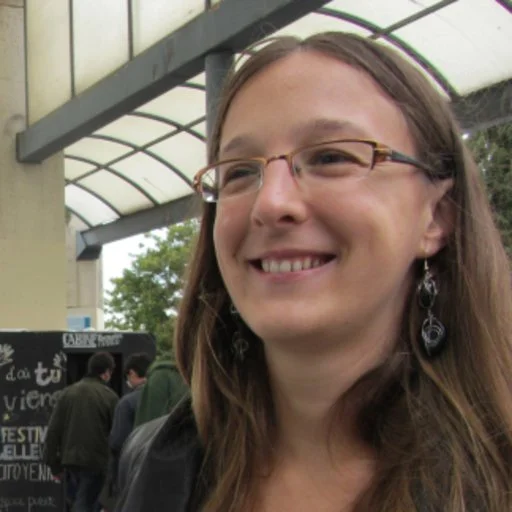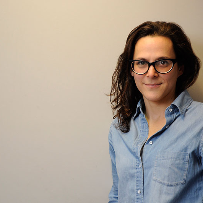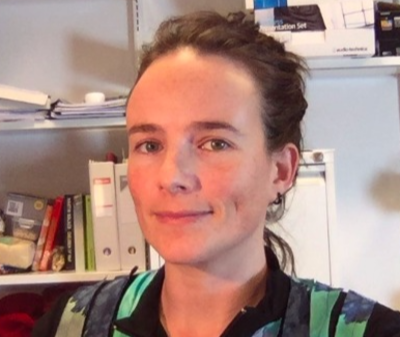Amount awarded: $28,000
Depression is one of the most prevalent mental disorders in the world (WHO, 2021) and despite the current advances in treatments, the rates of recurrence remain high affecting around 300 million people around the world (WHO, 2021). These patients show a bias towards encoding of negative information (Dillon & Pizzagalli 2018; Noworyta et al., 2021) and more negative dream content and nightmares than normal population (Steiger & Pawlowski 2019; Cartwright et al., 1998; Okorome Mume, 2009; Kaiser et al., 2015; Edge 2010; Luca et al., 2013; Akkaoui et al., 2020). We propose that this altered encoding as well as further memory processes that occur while we sleep could be sustaining their negative symptomatology. Normally, recently acquired information is reactivated and integrated during sleep, favoring its memory consolidation (Rasch & Born, 2013). These memory processes are responsible for what we know as dreams (Stickgold 2005; Wamsley & Stickgold, 2019). During dreams, we experience the reappearance not only of previous waking content reappears but also of our waking emotions (Hoss 2011; Hobson & Schredl 2011; Schredl 2017; Stocks et al., 2020). Furthermore, our dream emotions (mostly during REM dreams) could impact our waking life mood (Stocks et al., 2020). Taking all of these phenomena into account, we postulate that these memory processes act as a negative feedback loop for depressive patients, who, during wakefulness, preferentially encode negative information that will be later reactivated and integrated during sleep. These reactivations/integration processes could give rise to more negative dream content that directly affects their subsequent waking life mood, reinforcing their negative symptomatology. Consequently, we hypothesize that positively targeting their dream content could be used as a clinical intervention to improve patients mood and complement current treatments. Hypnagogia, the transitional state between wakefulness and sleep (Hori et al., 1993), is an ideal candidate for incubating dream content and emotions. During hypnagogia, dream-like reports frequency is high (80-90%) and includes vivid experiences but, in contrast to REM dreams, they are usually short (Hobson et al., 2000). Furthermore, previous research has shown that incubating dream-like content during hypnagogia leads to 67% of dream content related to the incubation instruction (Horowitz et al., 2020). We also know that brain activity is globally changed while we fall asleep, mainly due to the decreased activation in the prefrontal cortex (Tüshaus et al., 2017). This could lead to a reduction in self-monitoring, highly committed to sensory perception during wakefulness (Nir & Tononi, 2010). We propose that this deactivation could reduce depressive patients’ bias to encode negative information, and thus facilitate positive emotional dream content incubation. In the present project we will (a) design a new experimental protocol to incubate dreams with positive emotions during the hypnagogic period (objective I); (b) evaluate the effects of this protocol on dream content on subsequent REM sleep, as well as on positive mood in subsequent wakefulness (objective II); and (c) implement this protocol during one month on depressive patients to study its impact on their waking-life mood, their depressive symptoms, their dream reports and sleep quality as well as on their resting state functional connectivity (both commonly affected in these patients, Goldschmied et al., 2019; Kaiser et al., 2015) (objective III).
Cecilia Forcato, PhD. Associate Professor, Buenos Aires Institute of Technology
Marina Trakas, PhD. Postdoctoral Researcher, Institute of Philosophical Investigation.
Rodrigo Diaz, PhD. Postdoctoral Researcher, Center for Research in Ethics, University of Montreal
Fernanda Perez-Gay Juarez, PhD. Postdoctoral Research, Departments of Philosophy and Psychiatry, McGill University
Laura Kaczer, PhD. Associate Researcher, Institute of Philosophy, University of Buenos Aires
Ryan Daley, PhD. Assistant Professor, Department of Psychology, Gordon College
Melanie Rosen, PhD. Assistant Professor, Department of Philosophy, Trent University.






